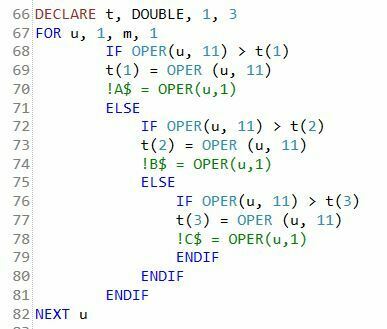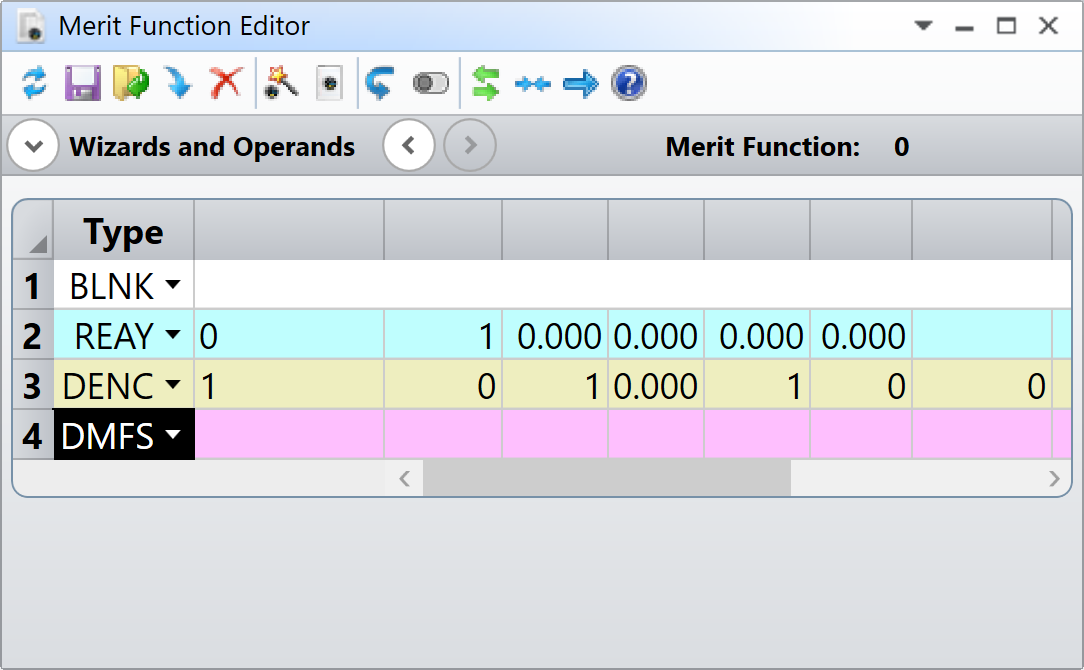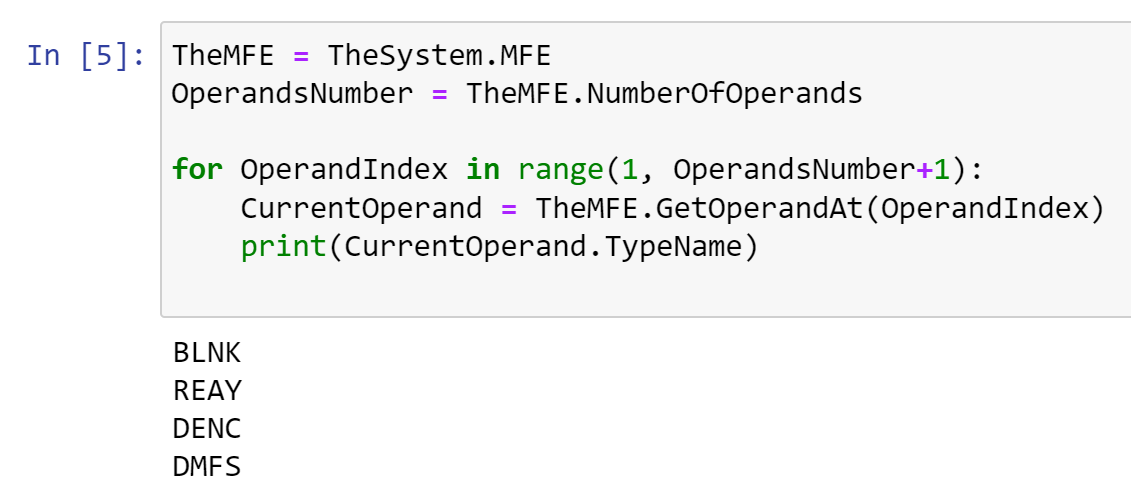Good afternoon! I am studying the ZPL macro language in order to simplify the analysis of data in the optimization process. In the macro being developed, I would like to implement the function of sorting optimization operands by their contribution. I know that such information is in the "" section, but I'm interested in the implementation in the ZPL language. There are no problems with the sort itself, I use the IF-THEN conditions in sequence, however, I cannot find a way to display the name of the operand by its ID code. Initially, I thought that the numerical function OPER(…,1) could give me the name of the operand in the string, however, as it turns out, this numeric function returns the ID code of the operand. Could you help me? Thanks






